The world of trucking is undergoing rapid changes, yet one constant remains: the preference for reliable engines that can withstand the test of time. Truck drivers, the real experts on the road, have invaluable insights into which engines are built to last. This article delves into the engines that have earned the trust of truckers across generations.
The Legacy of Durable Diesel Engines
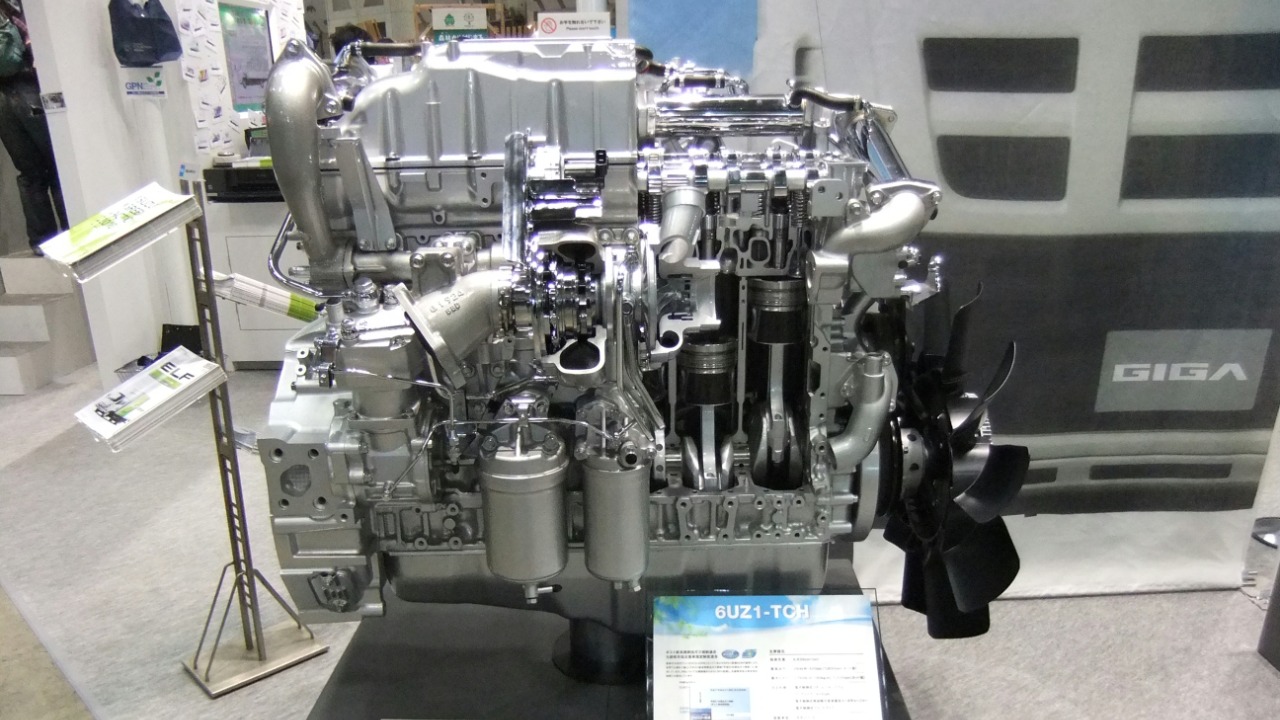
The evolution of diesel engines in the trucking industry is a testament to their unparalleled durability. Historically, diesel engines have been the backbone of long-haul trucking, earning a reputation for their ability to endure extensive mileage and challenging conditions. According to insights from “Truck Drivers: Long-Haul Truckers”, the historical impact of diesel engines is profound, with early models setting the stage for the robust powertrains we see today.
Truckers have consistently favored specific diesel engine brands renowned for their reliability and longevity. Brands like Cummins, Caterpillar, and Detroit Diesel are often mentioned by truck drivers as trusted names in the industry. Experts in the field also highlight these brands for their commitment to engineering excellence and innovation. For instance, the Cummins ISX series has been lauded for its high performance and durability, making it a popular choice among long-haul truckers.
Real-world examples of high-mileage trucks underscore the durability of diesel engines. Consider the case of a 2000 Freightliner Century Class with over 1.2 million miles on its original engine, a feat that speaks volumes about the engine’s resilience. Such stories are not uncommon, with many truckers sharing anecdotes of vehicles that have surpassed the million-mile mark, thanks in large part to their steadfast diesel engines.
Gasoline Engines: The Unsung Heroes
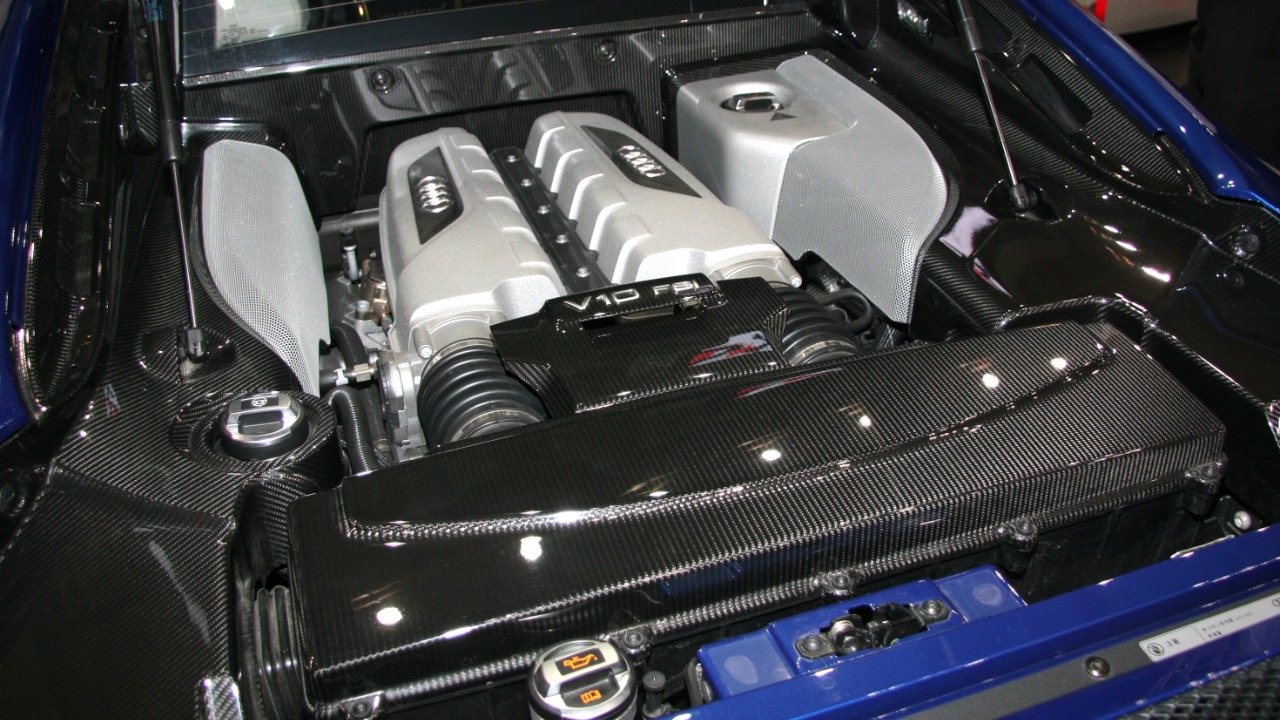
While diesel engines have long dominated the trucking industry, gasoline engines also hold a significant place in the hearts of many truck drivers. The “International Journal of Physical Distribution & Logistics Management” details the advantages of gasoline engines, noting their adaptability and cost-effectiveness. Gasoline engines offer quicker starts and are often lighter, making them ideal for certain types of trucks and driving conditions.
Among the top-performing gasoline engines, the Ford Triton V10 and Chevrolet’s 6.0L Vortec are frequently praised for their durability. These engines have earned a reputation for being robust and reliable, even under demanding conditions. Truck drivers often cite these models for their balance of power and efficiency, making them a favorite for medium-duty trucks.
To extend the life of gasoline engines, truck drivers rely on diligent maintenance practices. Regular oil changes, timely tune-ups, and using high-quality fuel are common strategies. Additionally, drivers emphasize the importance of addressing minor issues before they escalate. This proactive approach, combined with expert advice, helps ensure that gasoline engines remain operational for the long haul.
The Rise of Electric Engines in Trucking
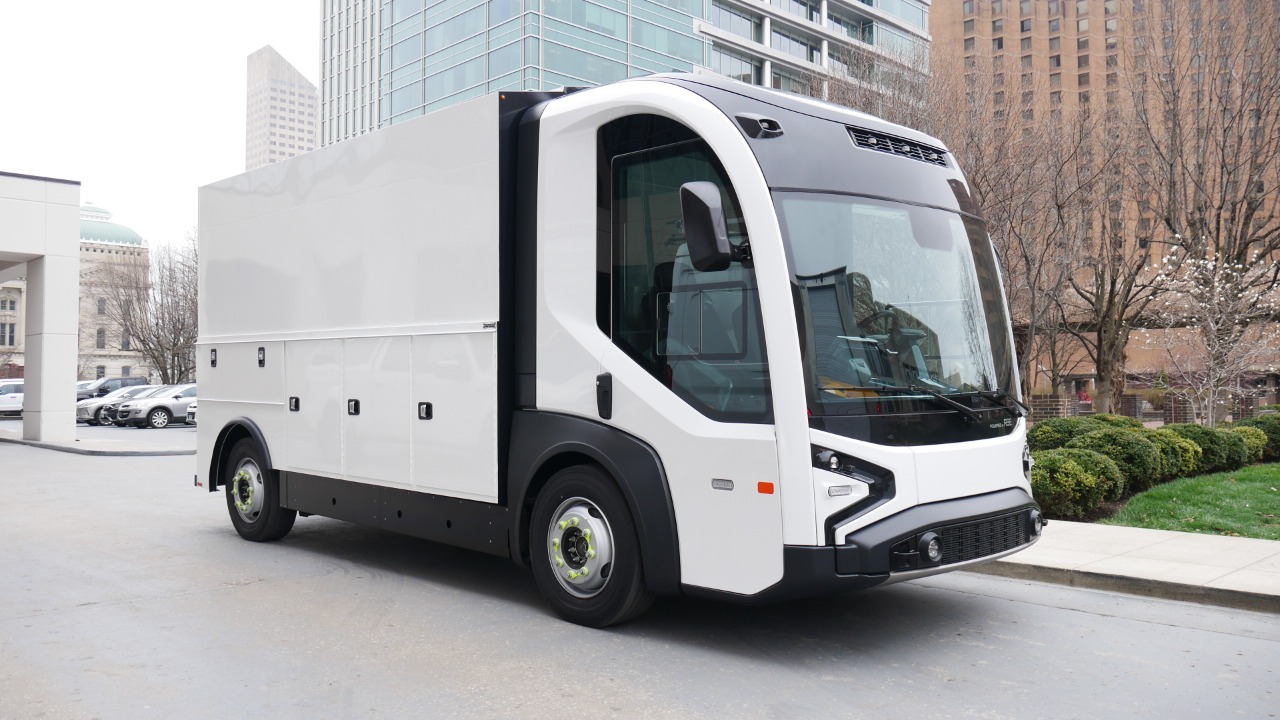
The landscape of trucking is shifting with the emergence of electric engines. As manufacturers innovate, electric engines are becoming a viable option for the industry. Top Gear highlights the latest advancements, showcasing a range of electric pickup trucks that promise to revolutionize the market. These innovations are driven by a commitment to sustainability and efficiency, aligning with the evolving needs of the trucking industry.
Despite their potential, electric engines face durability concerns, particularly regarding battery life and performance in extreme conditions. Manufacturers are actively addressing these challenges by developing advanced battery technologies and robust designs to enhance the longevity of electric engines. As these solutions progress, the industry anticipates a broader acceptance of electric trucks.
Truck drivers’ perspectives on electric engines are varied, with some expressing optimism about the shift towards cleaner technology. While there is excitement about the potential environmental benefits, drivers also voice concerns about the current infrastructure and long-term durability. As these engines gain traction, truckers hope to see improvements that align with their expectations for reliability and performance.
Factors Influencing Engine Longevity
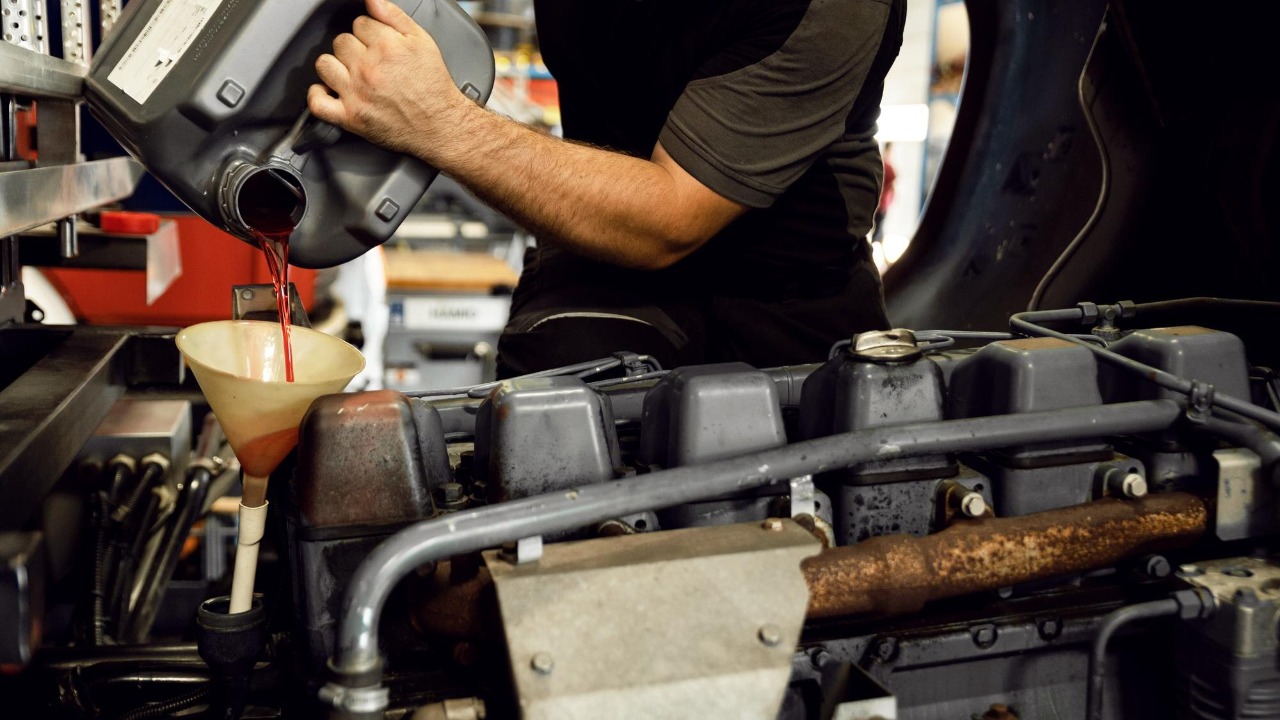
Engine longevity is influenced by a myriad of environmental and operational conditions. Insights from “Truck Drivers: Long-Haul Truckers” reveal that factors such as terrain, climate, and driving habits play a significant role in determining engine life. Trucks operating in harsh environments may experience accelerated wear, necessitating more rigorous maintenance routines.
Regular maintenance practices are critical in extending engine life. Truck drivers emphasize the importance of adhering to manufacturer-recommended service intervals and using quality parts and lubricants. Routine inspections and addressing wear and tear promptly are also key strategies that contribute to the longevity of engines.
Technological advancements in engine design continue to impact durability and performance positively. Innovations such as improved fuel injection systems, turbocharging, and advanced materials contribute to the resilience of modern engines. As technology evolves, the industry anticipates further enhancements that will extend the life of both diesel and gasoline engines.
Expert Opinions and Insights
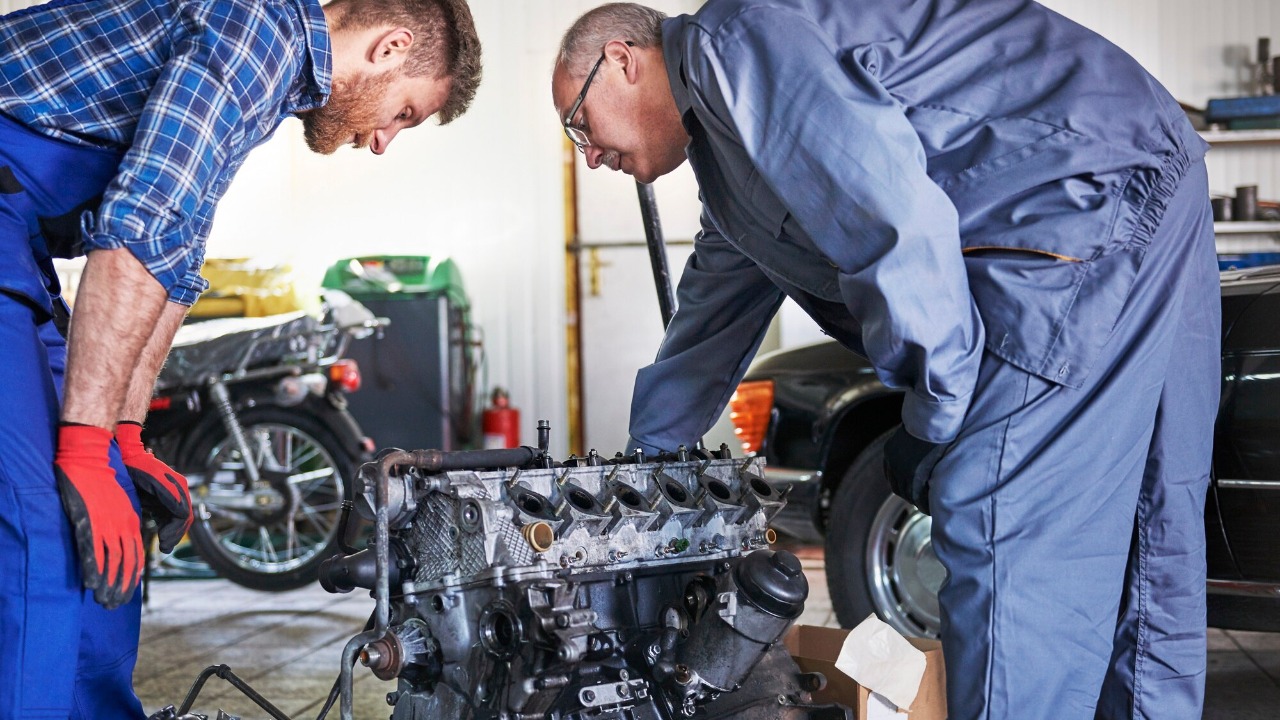
Veteran truck drivers offer invaluable insights into engine reliability. Through interviews, these experienced professionals share first-hand accounts of their experiences with different engine types. Their perspectives highlight the practical aspects of engine maintenance and the factors that contribute to longevity.
Industry experts also provide analysis on the future of durable engines in trucking. Their commentary underscores the importance of innovation and adaptation in meeting the demands of modern trucking. As the industry evolves, experts predict a continued focus on enhancing engine durability through technological advancements.
A comparative analysis of diesel, gasoline, and electric engines reveals varying strengths and weaknesses. While diesel engines are celebrated for their long-haul capabilities, gasoline engines offer versatility and cost-effectiveness. Electric engines, although nascent, promise a sustainable future. This diverse landscape reflects the dynamic nature of the trucking industry, where each engine type plays a crucial role.